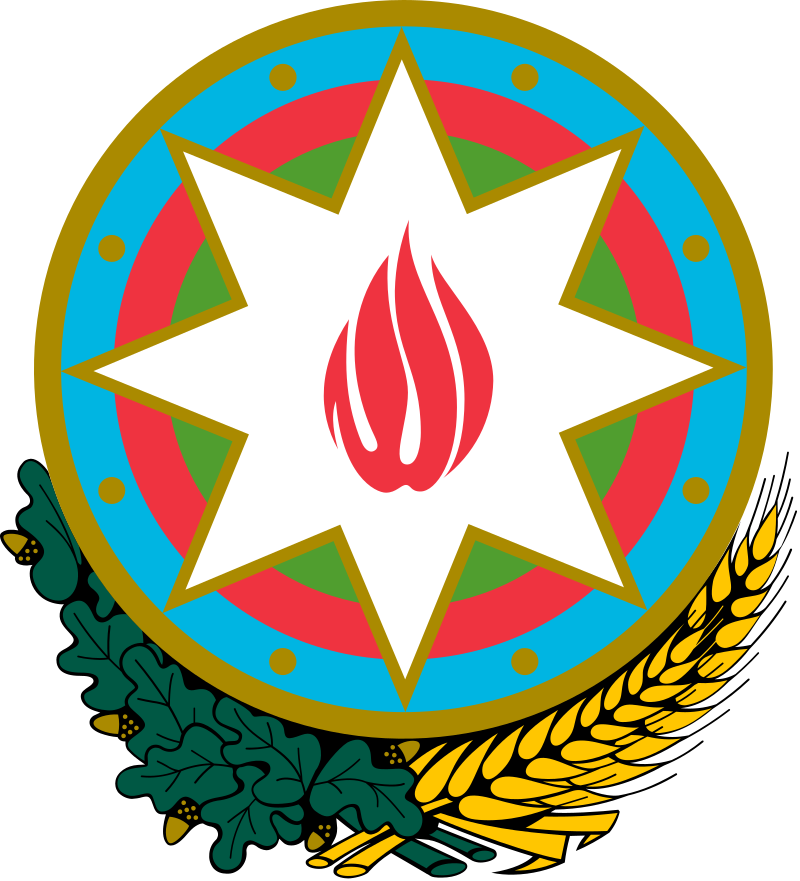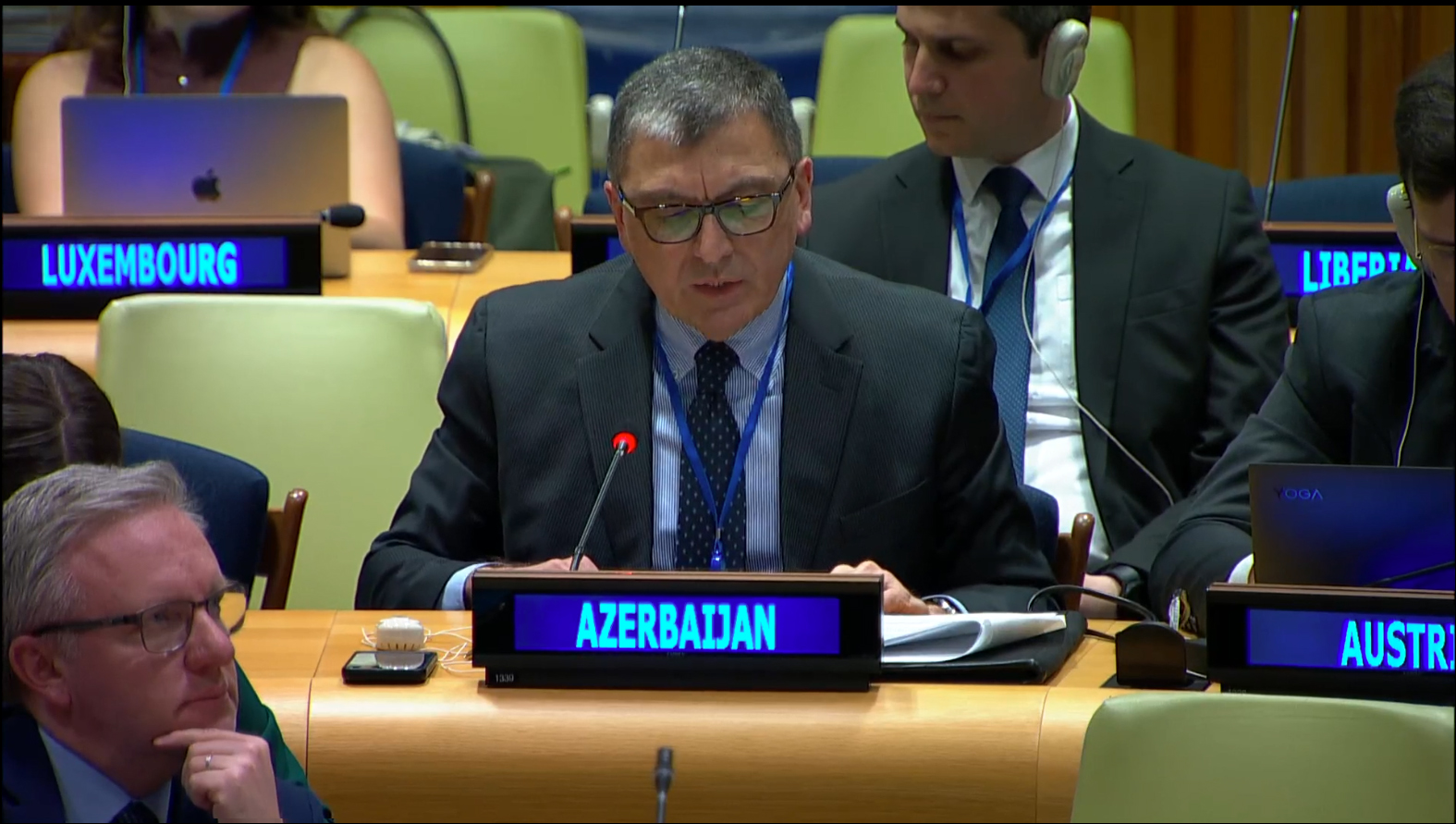Remarks by H.E. Mr. Tofig F. Musayev Permanent Representative of the Republic of Azerbaijan to the United Nations at the special meeting of the Economic and Social Council on forced displacement and refugee protection
|
Azərbaycan Respublikasının |
 |
Permanent Mission |
|
633 Third Avenue, Suite 3210, New York, N.Y. 10017 |
||
|
Remarks by H.E. Mr. Tofig F. Musayev Permanent Representative of the Republic of Azerbaijan to the United Nations at the special meeting of the Economic and Social Council on forced displacement and refugee protection
24 April 2025
Mr. President, the issue discussed today is of utmost importance for the entire international community and for my country in particular, which has one of the largest per capita forced displacements in the world, caused by the conflict since the late 1980s and the subsequent Armenian aggression, ethnic cleansing and nearly three decades of occupation.
After the end of the conflict, since November 2020, Azerbaijan has embarked on large-scale post-conflict rehabilitation and reconstruction efforts to ensure the return of over 700,000 IDPs to their homes in the liberated territories, including through the implementation of innovative projects such as “smart city”, “smart village” and “green energy zone”.
However, the massive contamination of these territories with landmines and other explosive devices remains a significant obstacle to these efforts, as well as to the implementation of the Sustainable Development Goals (SDG).
Furthermore, despite the end of the conflict and the progress achieved in advancing the peace agenda, some 300,000 Azerbaijani refugees remain arbitrarily prevented from returning to their homes in neighboring Armenia.
The issue of forced displacement in Azerbaijan has been addressed in its last year’s fourth voluntary national review (VNR) by outlining in particular the State Program on the “Great Return to the Liberated Territories of Azerbaijan”, which has been aligned with SDGs and national development priorities and which also implies the implementation of voluntary programs to contribute to reconstruction and rehabilitation works, facilitate the return of forcibly displaced persons and encourage the participation of young people in this process.
In concluding, the protracted nature of many forcible displacements necessitates new and sustainable approaches, in accordance with national and international laws and in line with the Global Compact on Refugees and other relevant documents, along with eliminating the root causes of such displacements as the most effective way to achieve solutions and prevent new crises from emerging, as well as with supporting States engaged in post-conflict peacebuilding, reconstruction, rehabilitation and demining and their comprehensive policy initiatives.
[1] Application of the International Convention on the Elimination of All Forms of Racial Discrimination (Azerbaijan v. Armenia), ICJ Judgment, Preliminary Objections, para. 77. |
||

